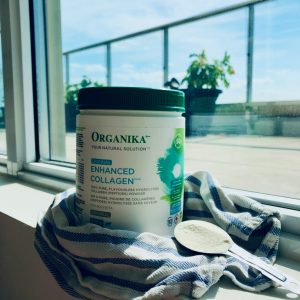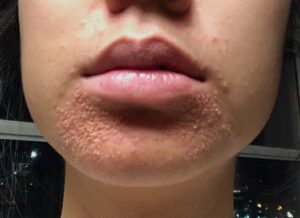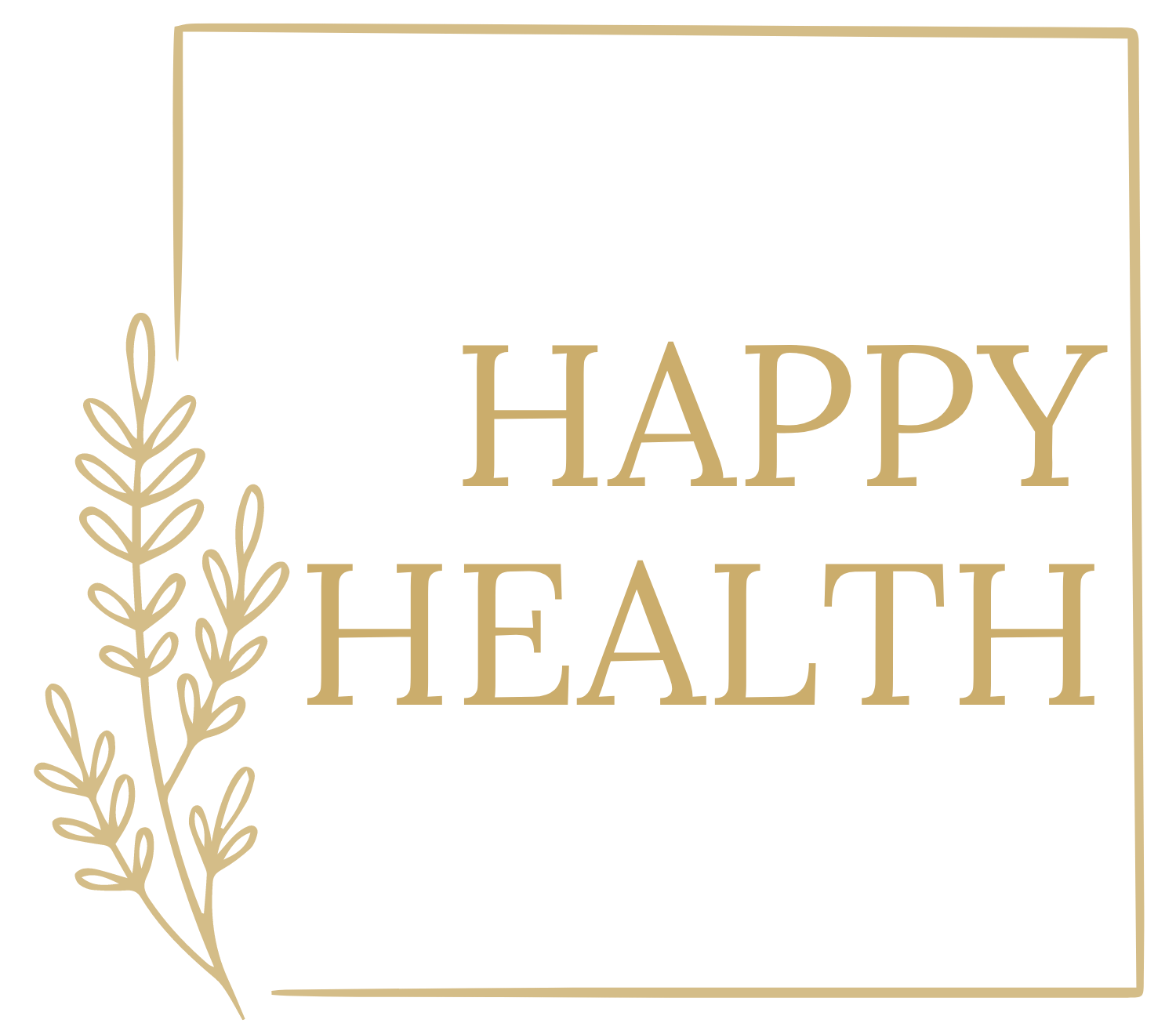
Elevate Your Glow: A Guide to Collagen Powder and Healthy, Clear Skin
Collagen. Have you heard of it? It seems to be cropping up everywhere with claims around skin health, joint health, hair and nail growth and
It’s been a challenging start to the year and it comes as no surprise that worldwide feelings of anxiety are on the rise. To combat this, we need to look at the deeper connection between the gut and the brain, which goes beyond self-care rituals, deep breathing, and indulgent bubble baths. After all, our mental states are linked to what we eat daily.
The gut-brain connection
Beyond hunger cues and craving signals, the gut-brain connection affects our body and mind in various ways. The gut is connected to our brain via a nerve called the vagus nerve, which runs directly from the brain to the entire digestive system. This nerve plays a role in nutrient delivery, mood, and microbial balance.
The gut produces vitamins B and K in our body, both of which are key in providing nutrients that boost our mental health. Additionally, it produces neurotransmitters such as GABA (gamma-aminobutyric acid) and serotonin, which act as messengers in the brain. GABA can counteract anxiety, while serotonin affects our food intake and sleep, and is an important mood regulator.
When our gut is in balance and contains a healthy amount of good gut bacteria, it can help to lower our stress response by communicating to the brain and adjusting the production of GABA and serotonin accordingly. In other words, what we choose to eat can directly impact how calm we feel.
Anxiety-triggering foods
Foods that contain high levels of white sugars, refined carbohydrates, and unhealthy fats can directly impact these mood stabilising brain messengers. Think soda pops, white bread, fried foods, sugar-laden desserts, French fries, and inflammatory oils such as canola and sunflower seed oil. Often, these are “filler” foods that only meet a temporary craving in the body but lack the nutrients we need. Foods like these are believed to increase inflammation in the body and contribute to the breakdown of serotonin and GABA, further worsening feelings of anxiety and depression.
Foods to reduce anxiety
To combat anxiety, try consuming foods in a variety of colours. Aim for a diet that’s high in fibre, such as fresh vegetables and fruits. These are naturally high in vitamin A and B, as well as choline, an essential nutrient for brain health. Some of the best nutrient-dense foods to start incorporating into your meals can include:
Sweet potatoes
Despite their name, sweet potatoes boast a lower sugar content than their russet or white counterparts. Sweet potatoes are a wonderful source of vitamins A, C, and B5. Vitamin B5 is also known as the “anti-stress vitamin” and can be soothing to the body during times of high stress.
Ginseng
A traditional herb in Chinese medicine for good reason, this superfood contains choline to support brain activity, energy, and memory. It can also support the body in reducing inflammation.
Fermented soy
Be spoilt for choice by tempeh, doubanjiang, miso, tamari, and stinky tofu! Just be sure to reach for non-GMO options whenever possible. Fermented soy products tend to be high in vitamin B2, which supports memory and a good mood.
Bananas
Although the humble banana is well-known for its potassium content, it is also a wonderful source of other nutrients such as choline and vitamin B7, that can improve memory function and brain health.
Matcha
Rich in antioxidants, matcha not only combats inflammation in the body but also has an anti-anxiety compound called L-theanine. Although it contains caffeine, the accompanying L-theanine creates a feeling of calm alertness as opposed to the jitters, which can often follow a cup of coffee.
To view the full article, visit Voices Wellness (here).

Collagen. Have you heard of it? It seems to be cropping up everywhere with claims around skin health, joint health, hair and nail growth and

Are you struggling with the daily discomfort and frustration of perioral dermatitis? If you’re anything like me, then you know that perioral dermatitis is one

Perioral (periorificial) dermatitis is a red rash that circles your mouth. Your skin can be scaly, dry and flaky with swollen, inflamed bumps called papules…Perioral
